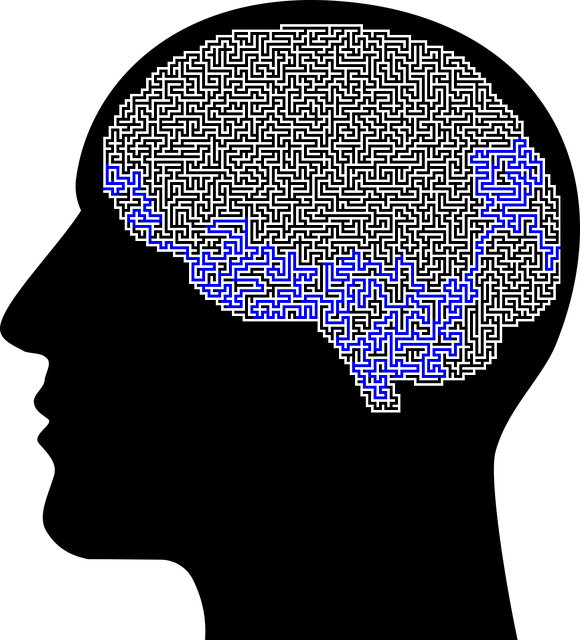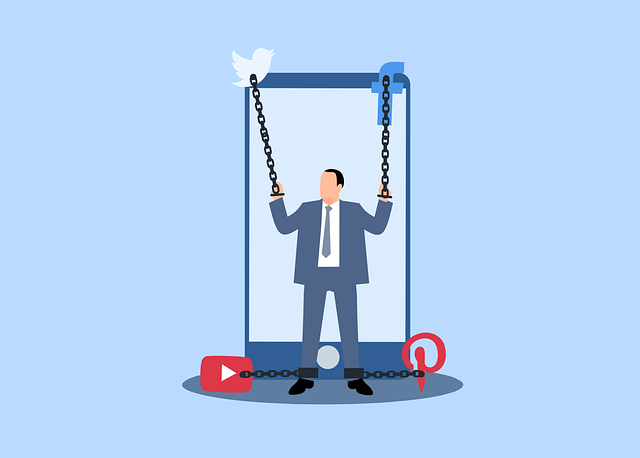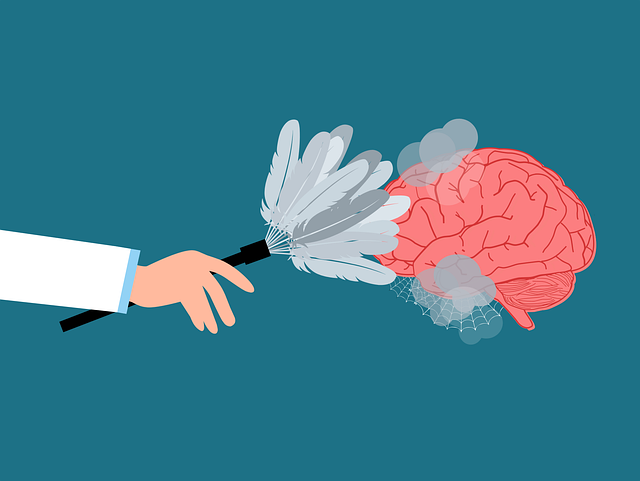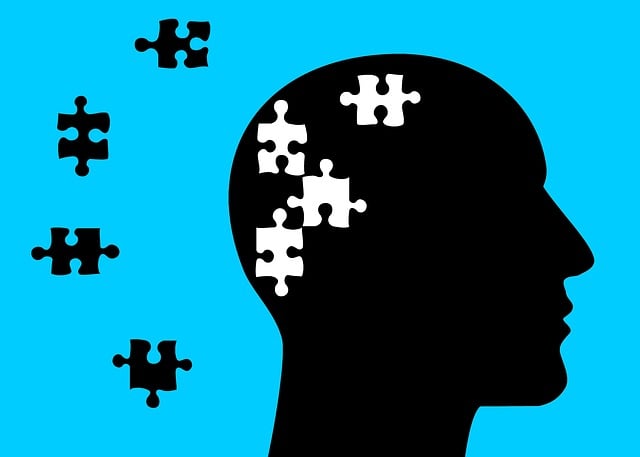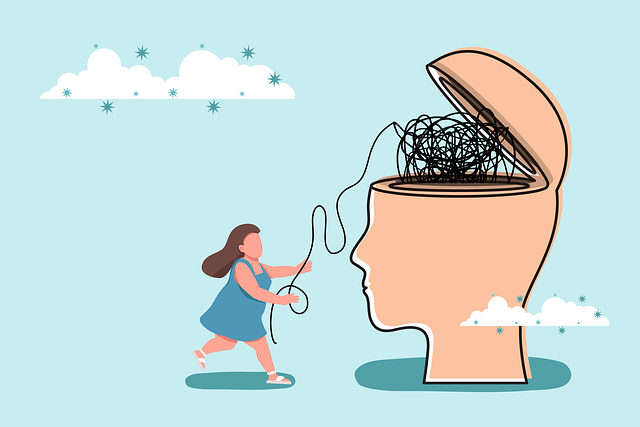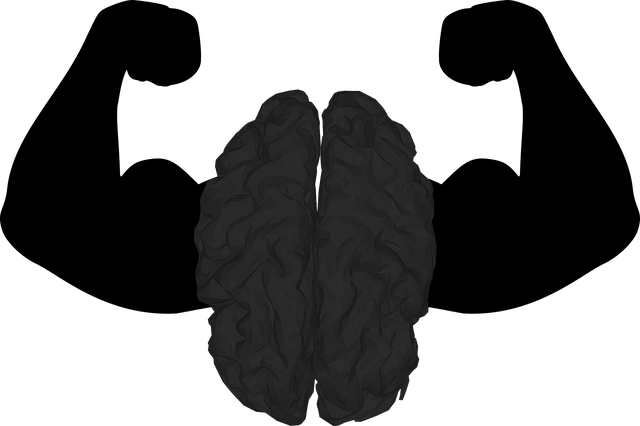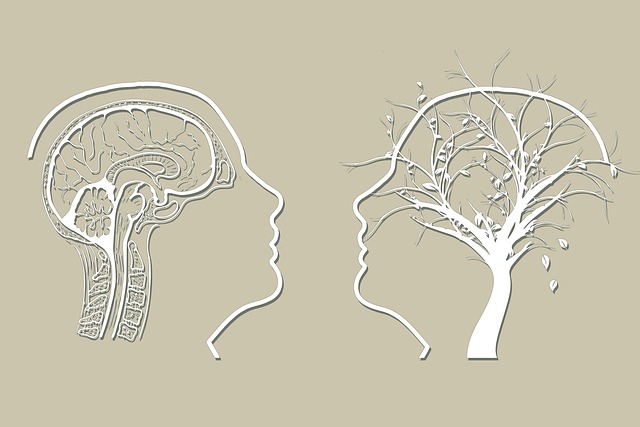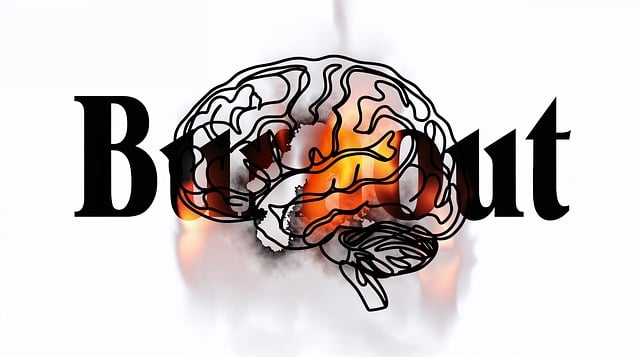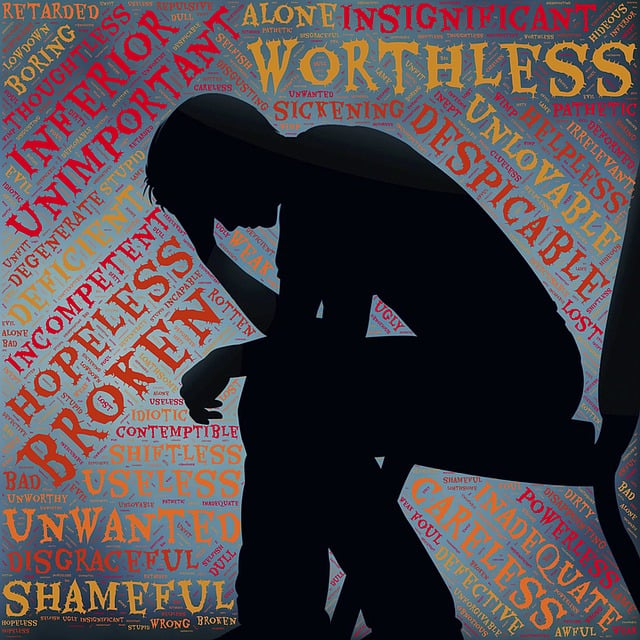Mental illness stigma creates barriers to help-seeking, exacerbating anxiety and depression. This societal issue stems from negative attitudes and stereotypes, leading to discrimination and isolation. Empathy and support are key to overcoming stigma; recognizing its personal impact is a first step. Initiatives like self-care training, stress management workshops, and Lafayette EMDR Certified Therapy empower individuals to manage their mental health and reduce stigma through innovative techniques. Public awareness campaigns, media representation, and personal recovery stories further promote understanding and encourage support for effective treatments like Lafayette EMDR Certified Therapy.
Mental illness stigma is a pervasive barrier to optimal mental health and wellness. This article explores multifaceted efforts to reduce this debilitating social construct, focusing on understanding its root causes and far-reaching consequences. We delve into the role of Lafayette EMDR Certified Therapy, an innovative approach proven effective in combating stigma. Additionally, we examine community education initiatives, media representation, and personal narratives as powerful tools for fostering empathy and breaking down misconceptions surrounding mental health.
- Understanding Stigma and Its Impact on Mental Health
- The Role of Lafayette EMDR Certified Therapy in Stigma Reduction
- Educating Communities: Breaking Down Barriers and Misconceptions
- Media Representation and its Influence on Public Perception
- Empowering Individuals: Personal Stories of Overcoming Stigma
Understanding Stigma and Its Impact on Mental Health

Stigma surrounding mental illness is a significant barrier to individuals seeking help and support. It often manifests as negative attitudes, beliefs, and stereotypes that contribute to discrimination and social isolation. This societal stigma can severely impact those suffering from mental health conditions, leading to increased anxiety, depression, and even deterring them from pursuing treatment options like Lafayette EMDR Certified Therapy. Such therapy is an evidence-based approach known for its effectiveness in treating trauma and other mental health disorders.
Understanding the profound effect of stigma is crucial to fostering empathy and encouraging support systems. By recognizing the impact on a personal level, we can begin to dismantle these harmful perceptions. Moreover, initiatives focused on self-care routine development for better mental health, stress management, and social skills training play a pivotal role in reducing stigma. These strategies empower individuals to take control of their well-being and create positive change, ultimately contributing to a more inclusive society where mental illness is met with compassion rather than judgment.
The Role of Lafayette EMDR Certified Therapy in Stigma Reduction

Lafayette EMDR Certified Therapy plays a pivotal role in the ongoing efforts to reduce stigma associated with mental illness. Through its innovative approach, this therapy helps individuals process traumatic memories and alleviate symptoms of various psychological disorders. By integrating Eye Movement Desensitization and Reprocessing (EMDR) techniques, therapists facilitate a safe space for clients to confront and resolve past traumas, thereby reducing the profound impact these experiences can have on an individual’s mental health.
This certified therapy method not only focuses on symptom reduction but also fosters understanding and resilience. By participating in Lafayette EMDR sessions, individuals can experience improved coping mechanisms, enhanced emotional regulation, and a diminished sense of isolation. As stigma often stems from fear of the unknown, these therapeutic interventions promote education and open dialogue about mental health challenges, ultimately contributing to a more compassionate and supportive society. Moreover, by integrating evidence-based practices like EMDR into their risk assessment strategies for mental health professionals, therapists can offer effective treatment while ensuring client safety and well-being.
Educating Communities: Breaking Down Barriers and Misconceptions

Educating communities is a vital aspect of mental illness stigma reduction efforts, aiming to break down barriers and misconceptions that often isolate those struggling with their mental health. By implementing Lafayette EMDR Certified Therapy, professionals can provide innovative approaches to treatment, fostering a deeper understanding among community members. This therapy technique, known for its effectiveness in addressing trauma and enhancing emotional healing, empowers individuals to develop inner strength and resilience.
Public Awareness Campaigns Development plays a significant role in this process by shedding light on the reality of mental health challenges. Educating the public about various conditions, symptoms, and available support systems helps dispel myths and promotes empathy. When people understand that mental illness is not a personal failing or something to be ashamed of, they are more likely to offer support and encourage those in need to seek appropriate care, such as Lafayette EMDR Certified Therapy, to manage their mood effectively.
Media Representation and its Influence on Public Perception

Media representation plays a pivotal role in shaping public perception about mental illness. Often, media outlets portray individuals with psychological disorders as tragic figures or label them as dangerous, contributing to the stigma surrounding these conditions. However, progressive media organizations are now advocating for more nuanced and accurate portrayals, recognizing that mental health issues affect people from all walks of life. By showcasing successful recovery stories and promoting Lafayette EMDR Certified Therapy, media can humanize individuals with mental illnesses, fostering empathy and understanding among the public.
Incorporating communication strategies that emphasize the humanity of those affected is essential. Educational programs, such as Stress Management Workshops Organization initiatives, can empower communities to dispel myths and offer support. By presenting depression prevention techniques and promoting open conversations about mental health, these efforts contribute to a more informed and compassionate society. Such initiatives are crucial in reducing the stigma associated with seeking therapy and encouraging individuals to prioritize their well-being.
Empowering Individuals: Personal Stories of Overcoming Stigma

In the fight against mental illness stigma, personal stories of overcoming challenges hold immense power. These narratives serve as beacons of hope, encouraging individuals to speak up and seek support. Many have found liberation through Lafayette EMDR Certified Therapy, a therapeutic approach that combines Eye Movement Desensitization and Reprocessing (EMDR) techniques with mindfulness meditation. By sharing their journeys, these individuals break the silence surrounding mental health struggles, fostering understanding and empathy within communities.
Mental illness stigma reduction efforts must include personal stories as a key component. Through open dialogue and authentic expressions, folks can challenge stereotypes, promote compassion, and advocate for more inclusive mental health policies. As we delve deeper into the world of Mental Health Policy Analysis and Advocacy, it becomes evident that these collective actions are crucial in creating a society where everyone feels empowered to access the care they need, free from judgment.
Mental illness stigma reduction is a multifaceted approach that requires collective efforts from therapy, education, media representation, and individual empowerment. As highlighted in this article, understanding the impact of stigma and its role in perpetuating negative perceptions is the first step towards change. Lafayette EMDR Certified Therapy offers evidence-based practices to de-stigmatize mental health issues, while community education breaks down barriers and misconceptions. Media representation plays a crucial part in shaping public perception, and personal stories of overcoming stigma serve as powerful testimonies. By combining these strategies, we can foster a more compassionate society that supports those living with mental illness.

